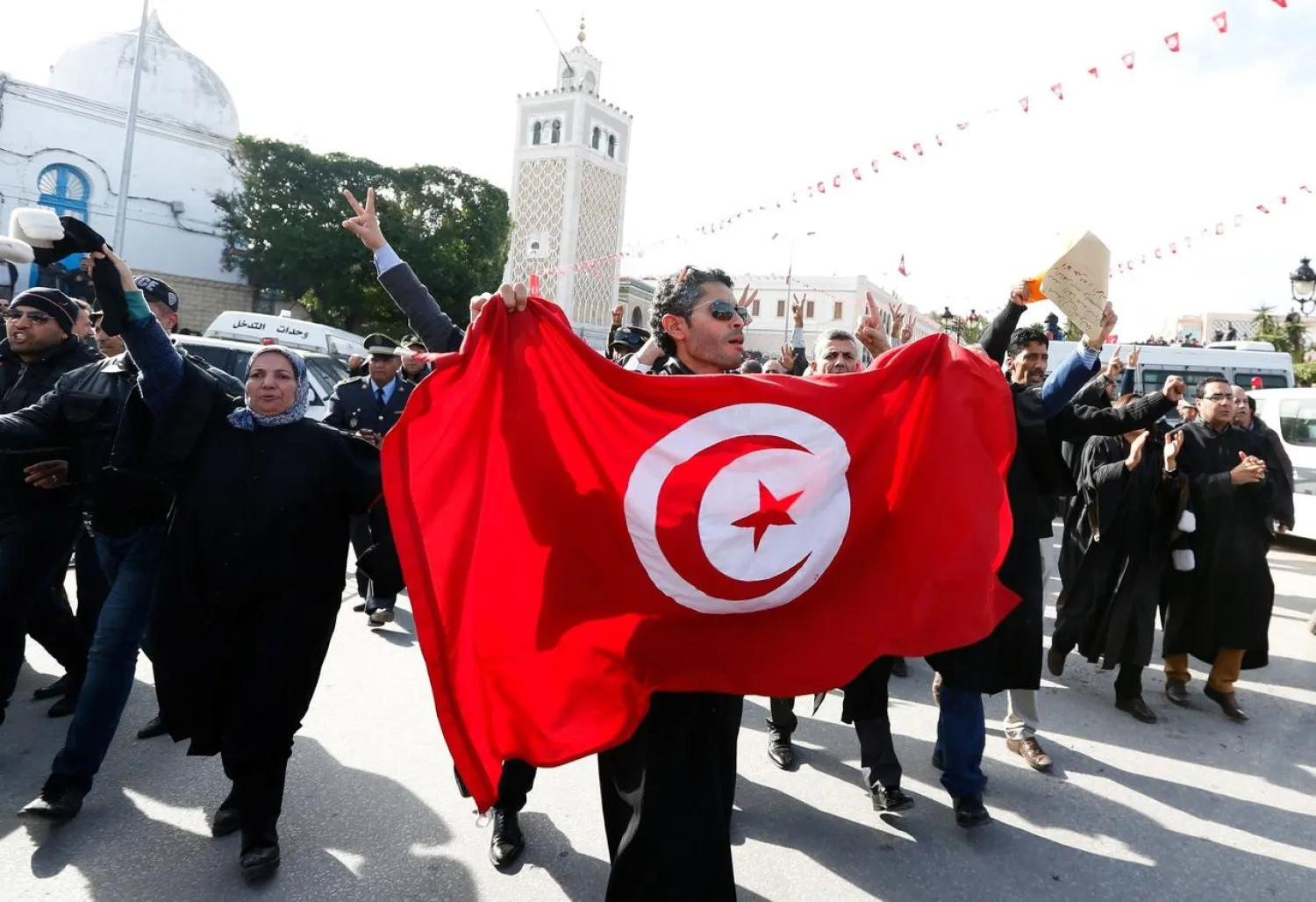Statements by the leaders of the so-called second departure sit-in in Tunisia have revealed deep differences over their objectives.
The movement is demanding the dissolution of parliament, formation of a new caretaker government and declaration of new constitution.
The differences have however, emerged over the demand to dissolve parliament as the movement prepares to stage a rally on Sunday in front of the legislature.
The varying positions are threatening to undermine the protest movement that is not affiliated to any political party.
The organizers, meanwhile, have warned against attempts to bloc their protest after authorities ordered the closure of public squares.
Addressing the president and prime minister, they urged them to “immediately” intervene to stand against such a “blatant” violation of the right to protest.
This right must be safeguarded in order to preserve civil peace and avoid a civil war from breaking out, they warned.
The protest movement has said that it adopts the decisions of President Kais Saied, but lawyer and activist Imed Ben Halima has come out to announce that the rallies do not seek chaos or the dissolution of parliament.
The movement is instead clear in its demand for the resignation of parliament Speaker Rached al-Ghannouchi, who is also head of the moderate Islamists Ennahda. It also wants to change the electoral system, acknowledging that differences persist over the dissolution of the legislature.
He cited the lack of legal means that allow the protesters to achieve this demand.
Ben Halima’s position stands in contrast with Marouane Bouloudhnine, the general coordinator of the “Third Republic” coalition, who had called for Saied to dissolve the parliament in line with article 77 of the constitution.
He said that parliament has failed in applying the rules of the constitutional court, which were approved in 2015.
Commenting on concerns that the new protest movement will fail because it is not backed by political parties or various unions, he said: “If it fails in garnering 300,000 Tunisians or a million protesters, then we will understand that the people want the current system to remain.”
Observers have said that the protest movement is seeking to eliminate the Ennahda from the political scene, saying it represents political Islam. Ennahda fears the repeat of the 2013 scenarios when it was forced to hand over power to a technocrat government after mass protests against it.









